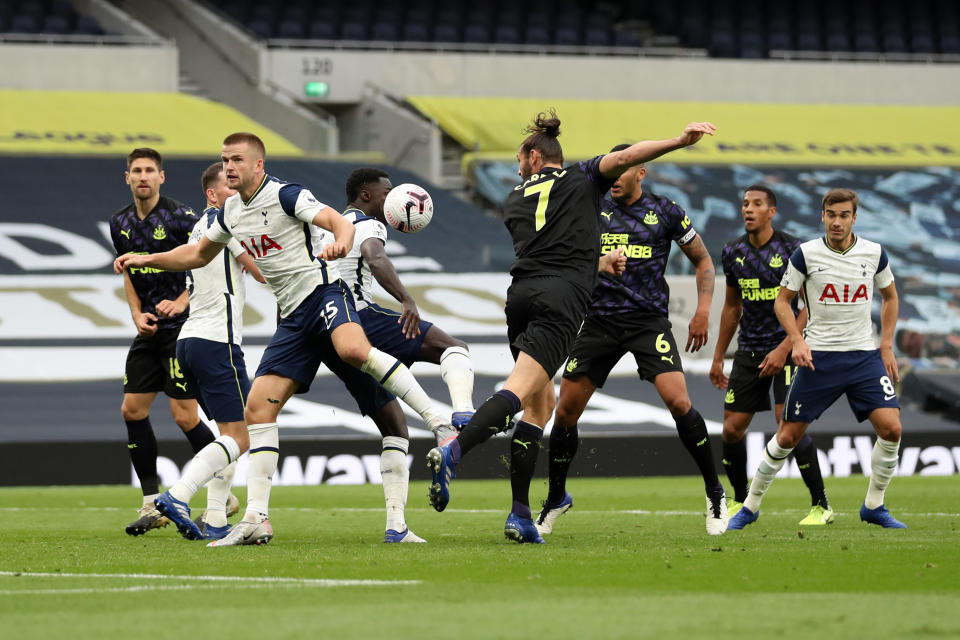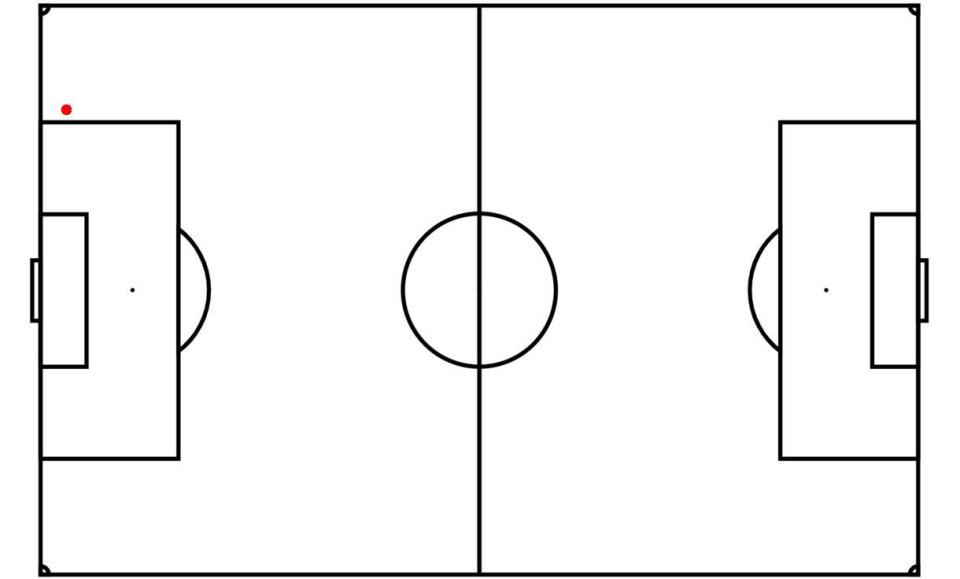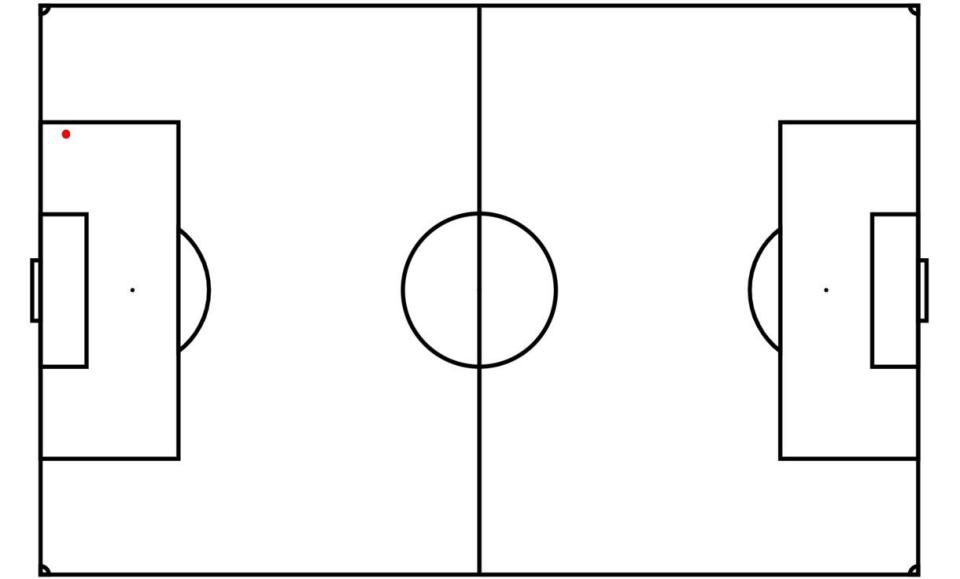Soccer's handball rule is broken. Here's how to fix it

Soccer’s handball rule is broken. It’s worse than ever before. The evidence keeps on mounting, especially in the English Premier League. On Saturday, there was Crystal Palace-Everton. On Sunday, there was Tottenham-Newcastle.
The purpose of the rule has always been to preserve one of soccer’s core principles. It’s a feet-first game. The rule prevents players from using their arms to gain an unfair advantage.
But in 2020, it also does far more than that. It has overstepped its bounds. It punishes the innocent. And it has to change.
What is the current handball rule?
Soccer’s international lawmaking body, the IFAB, updated the rule two summers ago. It currently reads, in part, that a player is penalized for handball if she or he:
The above offenses apply even if the ball touches a player’s hand/arm directly from the head or body (including the foot) of another player who is close.
Why did the rule change?
Previously, fans had complained about the rule’s ambiguity. IFAB sought to clarify it by removing the necessity of “deliberateness.” Intent, in most cases, no longer matters.
And that’s ridiculous. Intent is the only thing that should matter.
The worry, of course, is that judging a player’s intent is subjective. Lawmakers hate subjectivity. But they can’t get rid of it.
The current rule is as subjective as ever. How do you define “unnaturally bigger”? Most experienced soccer players would argue that on Saturday, Crystal Palace defender Joel Ward’s arm was in a very natural position. Ditto for Tottenham defender Eric Dier. You don’t defend, or jump, or shuffle side-to-side with your forearm glued to your hip. (Now that would be unnatural.)
FIX THE F’ING HANDBALL RULE
Tottenham-Newcastle, Exhibit 362457 pic.twitter.com/qB9ZkoKtXt— Henry Bushnell (@HenryBushnell) September 27, 2020
So you shouldn’t have to try. Lawmakers need to get over their obsession with objectivity, and start trying to do something very simple: Make the game fair.
How to fix the handball rule
The idea that ball-to-arm contact should be forbidden is traditionalist nonsense. It doesn’t harm the game. Rather, it’s an inevitable part of the game that players have very little control over. Penalizing it makes zero sense.
The fix is actually quite simple on the surface: Legalize all unintentional handballs, unless they A) are used to score a goal, or B) directly prevent a goal. Otherwise, unless a referee determines that a player clearly and intentionally plays a ball with their hand or arm, play on. Treat arms the same way we treat a player’s torso, unless they’re used deliberately.
In the IFAB’s crusade against subjectivity, they actually expanded the scope of the law. Instead, they should have – and still should – narrow it. The game is better with fewer stoppages, and fewer punishments that don’t fit the crime, which is what 90-95% of penalized handballs are.
Yes, this would allow players to close down shots or crosses with their arms outstretched, but why is that a problem? If anything, allowing ball-to-unnaturally-positioned-arm contact would compel attacking players to keep the ball on the ground, away from a defender’s arms. And the sport is infinitely more aesthetically pleasing when the ball is on the ground.
The bigger problem is the penalty rule
Or, we could fix the vast majority of the problem by amending another rule. Currently, all (or most) fouls inside the 18-yard box result in penalties. Whether it’s an innocuous handball on the very edge of the box or a blatant collision in front of an open goal, it’s worth roughly 0.75 goals – the probability of scoring from the penalty spot.
And that is completely illogical.
It also creates perverse incentives. Newcastle’s Andy Carroll, when he rose to head the ball in stoppage time Sunday, probably was better off aiming for a Spurs player’s arm than for a teammate.
So, how about we all but do away with penalties? It sounds radical, but gets more rational the more you think about it.
The penalty box is extremely arbitrary. Why, for example, should a foul occurring here...

... be a free kick from that exact position, but a foul occurring here ...

... be an unobstructed free kick, 12 yards out from the center of the goal?
Instead, every foul that doesn’t constitute denial of a clear goalscoring opportunity should be a direct free kick from the spot of the foul.
Every foul that does constitute denial of a clear goalscoring opportunity should be a penalty, whether it occurs inside or outside the box.
Such a rule would rely on subjectivity. But fairness should supersede objectivity. Subjectivity is fine when it aligns the laws of the game with the essence of the game.
More from Yahoo Sports:

